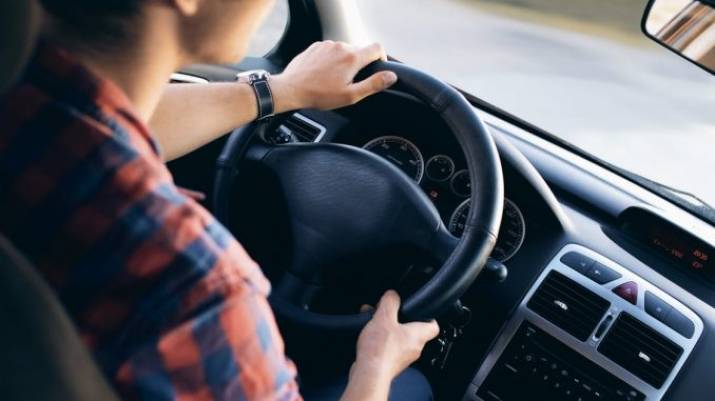
Drivers have become accustomed to the fact that initiatives from parliamentarians are associated with higher fines and the introduction of liability for actions that are not currently considered violations. However, there are proposals that could partially limit the executive’s ability to impose sanctions on drivers.
Volodymyr Kreidenko, a member of the Verkhovna Rada of Ukraine and Deputy Chairman of the Committee on Transport and Infrastructure, spoke about the new draft laws currently being discussed in the parliament.
Penalty points for violation of traffic rules
The idea of a system of penalty points for traffic violations is intended to encourage drivers to comply with traffic rules. In Soviet times, drivers used to have special coupons with marks for each violation. A similar system of penalty points exists in many European countries, including Germany. The proposal to restore such a system (even in electronic format) seems logical.
However, it should be borne in mind that different drivers have different mileages over the same period of time. For example, a person who uses a car only on weekends to go to the country and a taxi driver who drives 300 kilometers a day have different chances of committing a violation. Therefore, the limits of violations should be different.
In addition, the introduction of penalty points increases the risk of corruption on the part of police officers. While low fines for the most frequent violations help to mitigate the situation, a driver who has accumulated several penalty points becomes motivated to “negotiate” with the inspector.
Abolition of the “non-fined” 20 km/h speed limit
Currently, the fine for exceeding the speed limit by more than 20 km/h is 340 hryvnias. Over 50 km/h – 1700 UAH. The MPs propose to cancel these 20 “non-fined” kilometers and set higher fines depending on the speed.
It’s important to keep in mind that in populated areas, the maximum speed limit is 50 km/h. This restriction applies to narrow streets and major roads with several lanes in one direction, with dividing barriers and no pedestrian crossings. Driving at 50 km/h on such roads is not always logical, and the current 20 km/h “backlash” compensates for this limitation. Of course, it is possible to install appropriate signs, but this is not practiced in most cities in Ukraine.
In addition, in most cars, speedometer readings do not always correspond to driving speed, so some gap (for example, 5-10 km/h) may be justified.
If such an initiative is adopted, traffic in large cities may slow down. At the same time, MP Volodymyr Kreidenko proposed to increase fines for speeding to 20 thousand hryvnias. If a driver drives at 190 or 200 km/h in the city, there should be a serious penalty for this.
Penalty for loud exhaust
Nowadays, in times of war, some people are worried about loud noises. Therefore, according to Volodymyr Kreidenko, liability for loud exhaust should be envisaged.
A draft law has already been registered in the Verkhovna Rada. It is proposed to establish a fixed fine for exceeding the noise level – 1000 non-taxable minimum incomes (UAH 17,000), and in case of recurrence – 2000 non-taxable minimum incomes (UAH 34,000) with possible deprivation of the right to drive vehicles for a period of three to six months.
Ban on drifting
The proposal to ban drifting seems rather strange, as cases of drifting on public roads are rare. And it is unlikely that fines will be able to prevent those who want to demonstrate their skills to their friends or casual “drifters,” for example, in snowy conditions.
However, the relevant draft law has already been registered in the Verkhovna Rada. It provides for fines of UAH 8,500 for the first violation. If a driver is caught drifting for the second time in a year, he or she faces a fine of UAH 17,000 and a six-month to one-year driving ban.
Evacuation of cars only by the police
At present, private companies in conjunction with the parking inspectorate are engaged in the evacuation of improperly parked cars. In fact, it has become a business on drivers – it costs about two thousand hryvnias to return a towed car. The bulk of these funds go to private companies, and the budget receives only a small share of this amount (the fine for parking violations is 340 hryvnias).
Volodymyr Kreidenko suggests that parking inspectors should be revoked of their authority to tow cars and transferred to the police. This way, only cars that really impede traffic will be evacuated.

